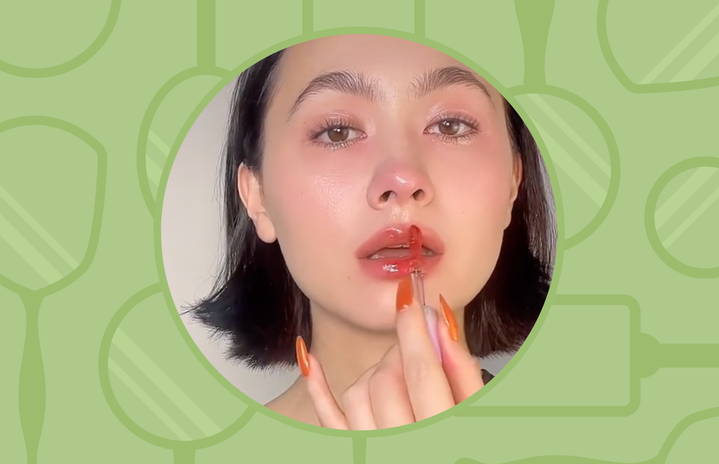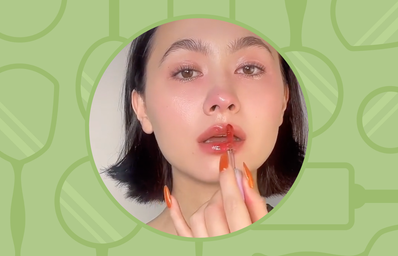Since the conception of social media, many new movements have been created, including the rise of influencer culture. Influencers are full time content creators that show off their lives and advertise products to large platforms. Influencers are often extremely wealthy, and showcase their highly unrealistic lifestyle on various social media apps, from Instagram and TikTok to YouTube. The term “influencer” comes from the idea that the content creators influence their audience on what to buy, say, wear, and do. Through the rise of social media, influencers have become more prevalent than ever, to the point that they are large contributors to consumer culture, and to overconsumption.
Influencers advertise products in a way that implies that if the consumer purchases the item being shown, they will live a life that more closely resembles the influencer. This can mean many things for different people, but often revolves around unrealistic standards of being richer, “prettier” or more popular. Using phrases like “must have item” or “this product changed my life,” rewrites a narrative that purchasing an item will bring the consumer one step closer to living a more glamorous life. This unsustainable narrative creates room for comparison, often between one “normal” lifestyle and one highly unrealistic and curated life on social media. In addition to the harm that this causes young people’s mentally, this cycle contributes to drastic overconsumption.
The immediate turnover from one “must have item” to the next creates a pattern of constant need for purchasing items that are simply unnecessary. The right influencer advertising a product in an engaging way at the right moment, can dictate what products are “trending,” and are therefore consumed at a large scale. For example, one of the most famous influencers at the moment, with a platform of over 6 million people, advertised a hair product that she claimed made her hair healthier. Within a day, this business was completely sold out and had all of their products on backorder, all from one woman telling her followers they “need” this product.
Influencers whose entire job and income is about buying products and showcasing them on social media advertise the lifestyle of constant shopping and upgrading products, without a discussion of the financial, social and environmental impacts of this lifestyle. Since these influencers receive many products for “free,” in exchange for advertising, the financial side of their consumption is never discussed. This creates the idea that in order to be like them, the consumer needs to have the same financial freedom to purchase all of the items that are being given to the influencer for free. These products also have extremely short lifestyles, being used for mere weeks before being thrown out to make room for the next “must have item.”
As a young woman in my early 20s, I see and experience first hand how influential social media campaigns can be. It would be a lie to say that on multiple occasions I haven’t been influenced to purchase products by seeing them advertised on social media in a compelling way. It is easy to forget that though these campaigns may be compelling, constantly repurchasing items is not always necessary or sustainable. As someone who loves shopping, the balance between allowing myself to purchase new items and still trying to maintain sustainable habits is something I am still working on.
Here are some tips that I have found useful when trying to manage keeping my habits sustainable, while still having fun!
- Try to shop from sustainable stores, say no to fast fashion!
- For every item of clothing you purchase, donate two in its place.
- Try to promote circular product use, recycle or trade with a friend!
- Don’t purchase things on a whim, take time to decide if it feels necessary in your life, and if you’re still thinking about it, go back and buy it.
- If your social media is making you compare yourself to influencers, or want unnecessary products that are deemed “necessary,” take a social media break, or stop following the people that make you feel like that! Content should make you feel happy, and not be a fight for comparison between yourself and the screen.


